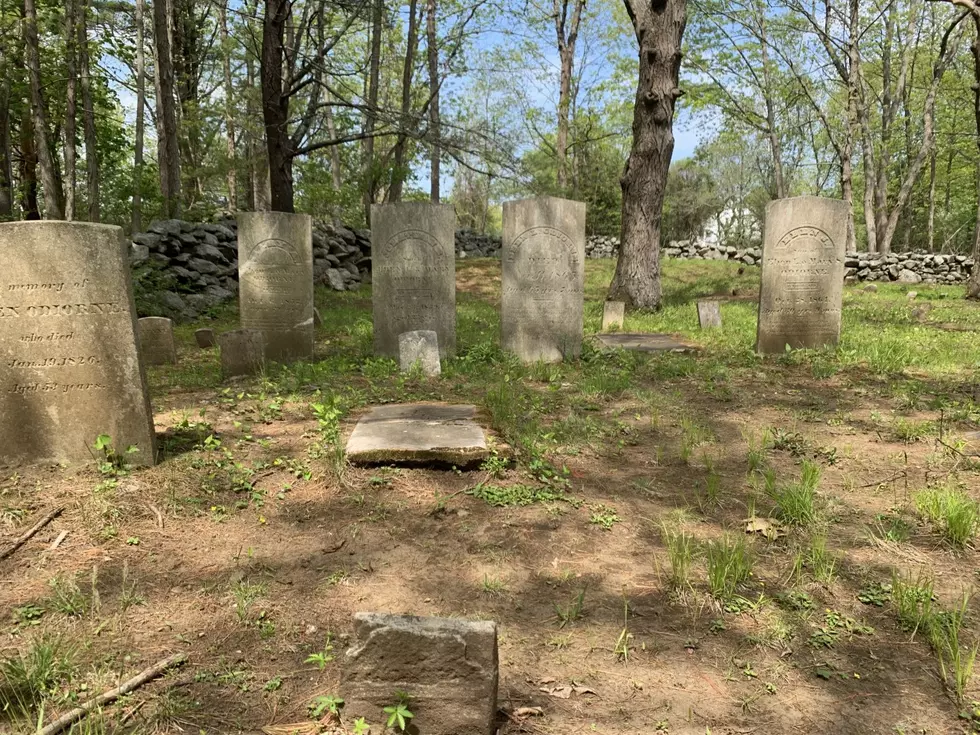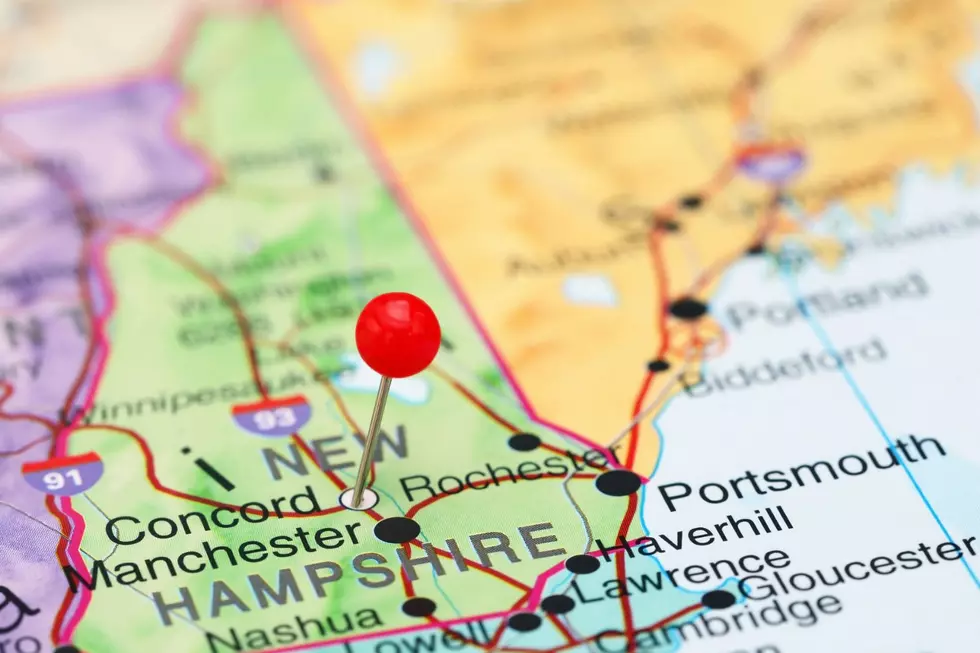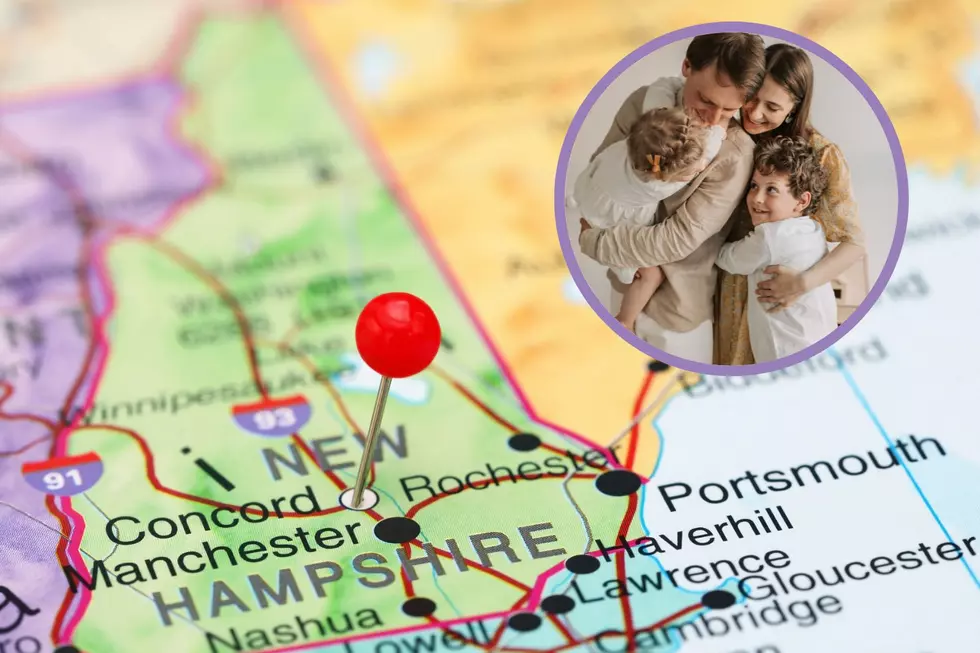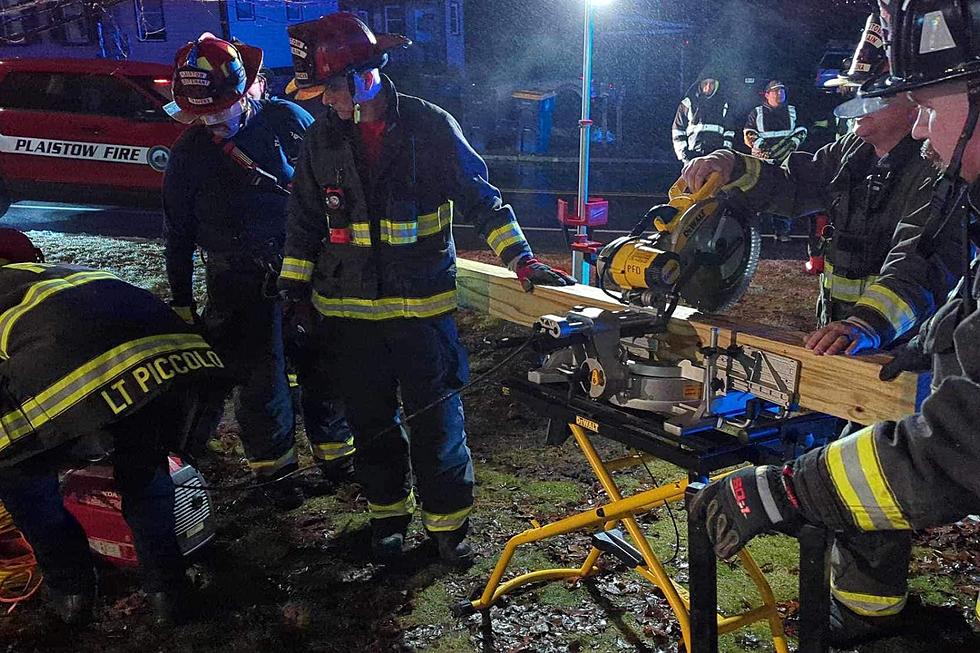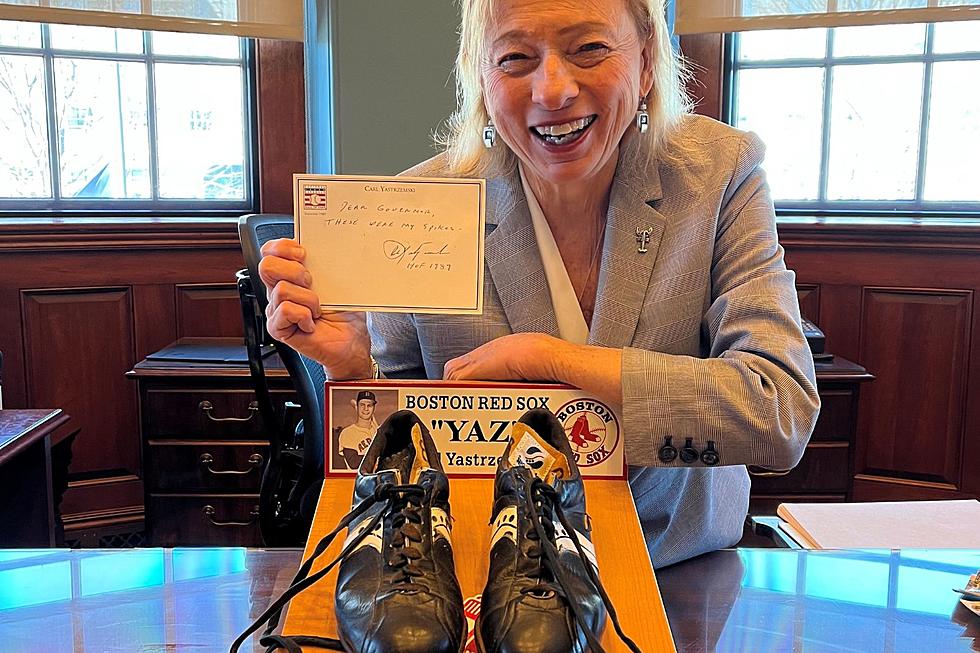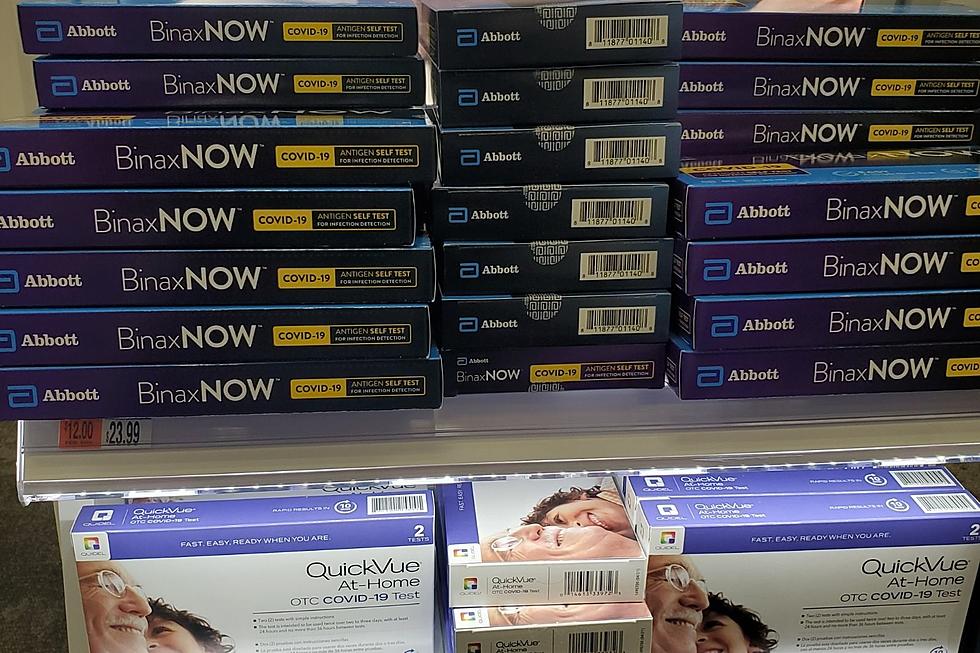
Omicron in NH: Everything we know about this COVID-19 variant
The latest COVID-19 variant of concern was confirmed in New Hampshire as omicron also was detected in about a third of the country over the weekend, as expected.
New Hampshire is the first northern New England state to detect the variant.
The state Department of Health & Human Services reported the variant was found in an adult Cheshire County resident who traveled out-of-state and was exposed to another person who subsequently was identified with the Omicron variant infection. The New Hampshire resident had a mild illness and recovered during home isolation.
The following is a list of popular questions and answers about the latest COVID variant, such as does it appear easier to spread and do vaccines still appear to work against it?
When was the omicron variant first detected?
On Nov. 26, the World Health Organization named Omicron and classified it as a variant of concern, after its detection by scientists in South Africa.
The U.S. also classified it as a variant of concern a few days later as confirmed by the Centers for Disease Control and Prevention.
Do current COVID vaccines work against this variant?
It's too soon to know just how effective the existing COVID vaccines are against the omicron variant and any further mutations.
Breakthrough infections in people who are fully vaccinated are expected, according to the CDC, but all FDA-approved or authorized vaccines are expected to be effective against severe illness, hospitalizations and deaths.
Scientists have voiced concern that the variant could be more contagious and better able to evade a body's antibodies generated by either vaccination or a previous COVID infection, as reported by Bloomberg.
Omicron has more than 30 mutations, many in its spike protein, alone.
Is there proof that this variant spreads more quickly or more easily than others?
A pair of preliminary studies out of South Africa said there was evidence that the omicron variant of COVID was spreading twice as quickly as the delta variant and might also be three times as likely to reinfect those that have already recovered from COVID-19, as reported by Forbes, which also cited a report by the New York Times.
As of Monday in New Hampshire, with the delta variant continuing to drive cases here, there were 454 patients hospitalized for COVID statewide
There also were 9,086 current cases.
What about antibody infusions, will they still help against the new variant?
Due to those same viral mutations, it is possible that some monoclonal antibody treatments may not be as effective against infection with omicron, according to the CDC.
If fully vaccinated people can still be infected, why get vaccinated?
As of November, medical researchers were examining evidence that people who are fully vaccinated against COVID still are less likely to become infected and if infected, will be contagious for shorter periods than unvaccinated people.
This was supported by transmission studies confirming that vaccinated people are less likely to transmit the virus to close contacts compared with unvaccinated people, including the delta variant, as reported and published by the American Medical Association.
That research does not include cases studies of omicron variant COVID patients, as it had yet to be detected.
Are vaccine boosters necessary for anyone without underlying conditions?
Studies show after getting vaccinated against COVID-19, protection against the virus and the ability to prevent infection may decrease over time, state officials repeated on Friday. Booster doses of the vaccines provide essential additional protection.
While more than 70% of residents have received their primary vaccine series, only 31% of residents eligible had received a booster as of early December, state health officials said on Friday.
As of Dec. 5, there were 1.6 million vaccine doses administered statewide, with 872,614 people who had received at least one dose.
The CDC recommends that all individuals 5 and older should get vaccinated and that those fully vaccinated who are 18 and older receive a booster dose.
A recent Science magazine study found vaccine effectiveness from July to October of this year had decreased by roughly the following percentages: J&J vaccine effectiveness from 86.4% to 13.1%; Moderna from 89.2% to 58% and for Pfizer, effectiveness went from 86.9% to 43.3%, according to the published report.
Are patients with the omicron variant of COVID experiencing more mild cases?
Also too soon to tell.
Initial reported infections were among university students, according to the WHO, which also noted that those younger individuals have tended to have more mild symptoms overall during the pandemic. So, there were too many variables amid the earliest cases to get a clear view, yet, as to the level of severity it presents.
Breakthrough cases of COVID in general, based on evidence collected since people first were able to become fully vaccinated against the virus, present as more manageable symptoms that do not require hospitalization.
What preventative measures are being recommended?
It's the same basics since March 2020, with the added layers of vaccination and boosters, as eligible.
There has not been a statewide requirement for indoor masking since the end of May, with the exception of public transportation, healthcare settings and schools, following CDC guidance.
There has been recent encouragement by state and federal health officials to wear masks in any crowded area, especially indoors, regardless of vaccination status, amid potential impact of omicron and the general idea of more indoor activities as the winter months arrive.
"Anybody 5 years of age or older should get vaccinated against COVID-19, including people who were previously infected with COVID-19,” said State Epidemiologist Dr. Benjamin Chan. “And people who have already completed a primary COVID-19 vaccine series should get a booster dose of a COVID-19 vaccine in order to have optimal protection against both the currently circulating Delta variant, and the new emerging Omicron variant.”
Seacoast Kids Roll Up Their Sleeves for COVID-19 Shots in NH
More From Seacoast Current
